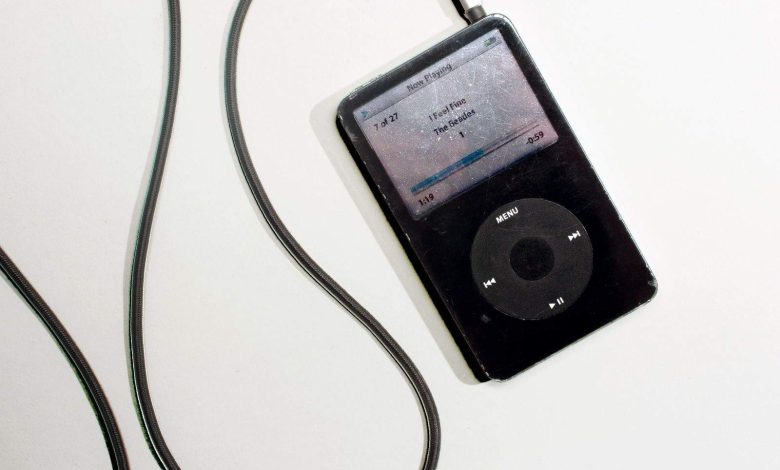The Evolution of MP3: From Compression to Revolution

Last Updated on November 28, 2023 by admin
Introduction
The MP3 format has transformed the way we consume and share music over the past few decades. Born out of a need to compress audio files while maintaining reasonable quality, the MP3 format has revolutionized the music industry and played a pivotal role in the digital music era. In this article, we’ll take a journey through the history of MP3, its technical underpinnings, and its profound impact on the world of music.
The Birth of MP3
The MP3 format, which stands for “MPEG-1 Audio Layer 3,” was developed by a team of engineers at the Fraunhofer Institute in Germany during the late 1980s and early 1990s. It was designed to address the growing demand for efficient audio compression that would allow for faster transmission and storage of digital audio. The goal was to create a format that could compress audio without a substantial loss in sound quality.
Technical Underpinnings
At its core, the MP3 format employs a lossy compression algorithm. This means that it discards some audio data that is deemed less essential to human perception. This selective data reduction is achieved through psychoacoustic models that determine which parts of the audio are less noticeable to the human ear. This innovative approach allowed engineers to achieve a remarkable reduction in file size while maintaining an acceptable level of audio quality.
MP3 files are encoded at different bit rates, with a lower bit rate resulting in smaller file sizes but potentially lower audio quality. Common bit rates include 128 kbps, 192 kbps, and 256 kbps. Users could choose the bit rate that balanced their need for audio quality and file size, making MP3 files versatile for various purposes.
The MP3 Revolution
The introduction of MP3 technology revolutionized the music industry in several significant ways:
1. Digital Music Distribution: MP3 enabled the creation of digital music files that could be easily distributed and shared over the internet. This laid the foundation for the rise of online music stores and file-sharing platforms.
2. Portable Music Players: The MP3 format played a crucial role in the development of portable music players, with the most iconic example being the iPod. Consumers could carry thousands of songs in their pocket, fundamentally changing how we experienced music on-the-go.
3. Independent Music Production: MP3 democratized music production and distribution. Independent artists and small record labels could release their music online without the need for major record labels, giving rise to a thriving indie music scene.
4. Podcasting and Audio Streaming: The popularity of MP3 files contributed to the growth of podcasting and audio streaming services. The ability to compress spoken word content made it easier to share and stream podcasts and radio shows.
5. Customization and Personalization: The ability to create personalized playlists and easily skip between tracks made MP3s a favorite format for creating custom music collections.
Challenges and Controversies
The widespread adoption of MP3 technology also brought about its share of challenges and controversies. The most notable among these was the issue of music piracy. File-sharing services like Napster facilitated the illegal distribution of copyrighted music, leading to legal battles between the music industry and file-sharing platforms.
The Future of MP3
While newer audio compression formats like AAC and FLAC have emerged and offer improved audio quality and smaller file sizes, MP3 remains a popular format due to its widespread compatibility and historical significance. MP3 paved the way for digital music’s ubiquity and continues to be supported by a wide range of devices and software.
Conclusion
The mp3 juices format has left an indelible mark on the world of music. Its birth marked a turning point in how we consume, produce, and share audio content. While newer formats have arisen, MP3’s legacy endures, reminding us of the transformation it brought to the music industry and the way we experience music in the digital age. The MP3 format will forever be celebrated as a technological innovation that reshaped the music landscape.


